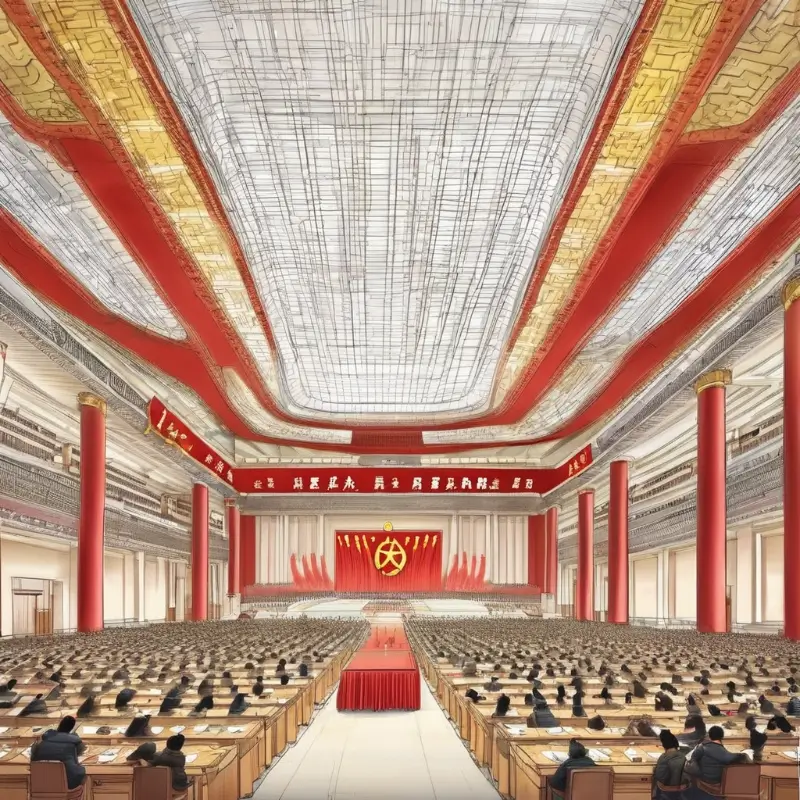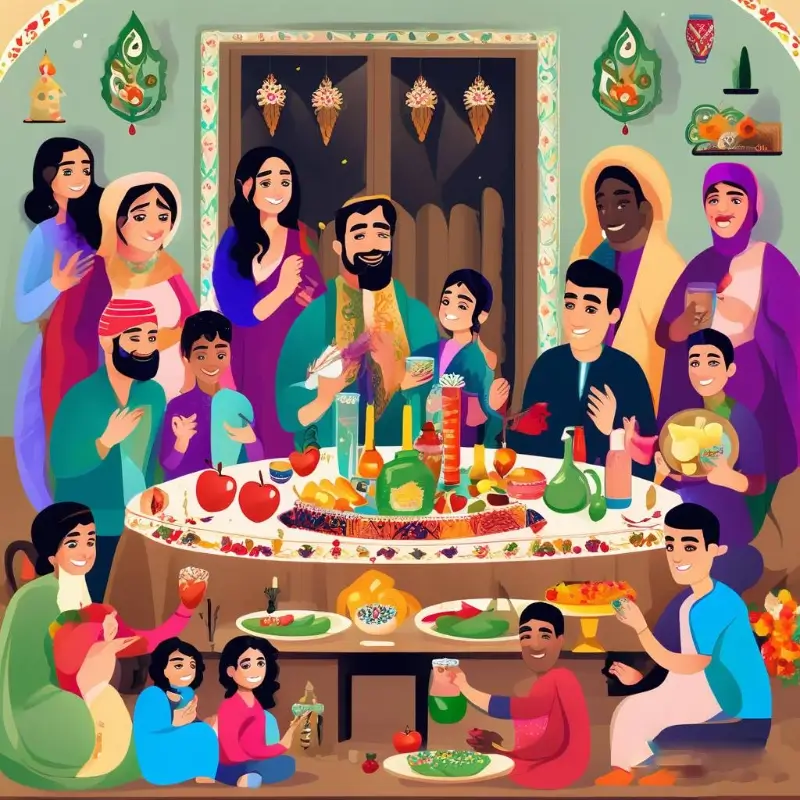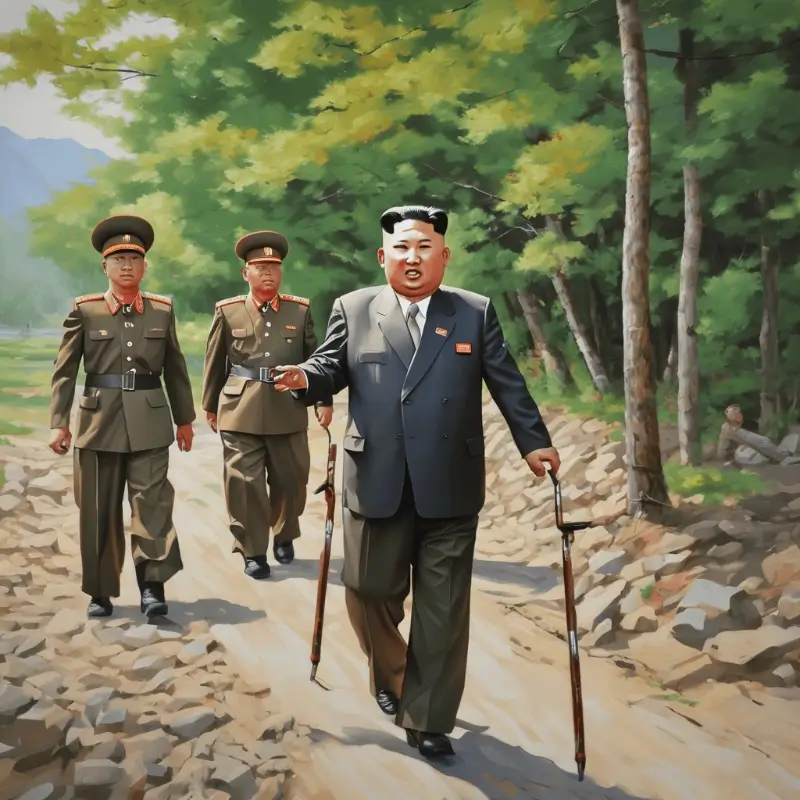why does China need to hold two sessions?
China holds two sessions, namely the National People’s Congress (NPC) and the Chinese People’s Political Consultative Conference (CPPCC), for different purposes.
- National People’s Congress (NPC): The NPC is the highest organ of state power in China. It is a legislative body composed of delegates from all provinces, autonomous regions, municipalities, and special administrative regions. The main functions of the NPC include: a. Legislation: The NPC formulates and amends laws, including the constitution, criminal law, civil law, and other important legislation. It reviews and approves laws and regulations proposed by the government. b. Supervision: The NPC exercises oversight over the work of the government, judiciary, and other state organs. It reviews and evaluates the government’s performance, policies, and budgets. c. Appointment and Removal: The NPC elects key government officials, such as the president and vice president of the country, along with other high-ranking positions. It also approves the appointment or removal of officials in important positions.
The NPC session, also known as the “Two Sessions,” usually takes place annually in March and lasts for about two weeks. During this session, delegates review and discuss major policies, economic plans, and social issues. The NPC provides a platform for decision-making and policy formulation at the national level.
- Chinese People’s Political Consultative Conference (CPPCC): The CPPCC is a political advisory body consisting of representatives from various political parties, organizations, and other social groups in China. It serves as a forum for consultation, deliberation, and recommendation.
The main functions of the CPPCC include:
a. Political Consultation: Members of the CPPCC engage in discussions and consultations on major political, economic, and social issues. They provide suggestions and recommendations to the government and the NPC.
b. Democratic Supervision: The CPPCC oversees the implementation of policies, laws, and regulations. It promotes social harmony and stability by mediating conflicts and addressing public concerns.
c. Unity and Cooperation: The CPPCC fosters unity among different political parties, ethnic groups, and social organizations. It promotes cooperation and consensus-building to achieve national development and social progress.
The CPPCC session usually takes place concurrently with the NPC session. While the NPC has legislative power, the CPPCC serves as a platform for political consultation and policy recommendation. Together, these two sessions provide a comprehensive framework for governance, decision-making, and public participation in China.



